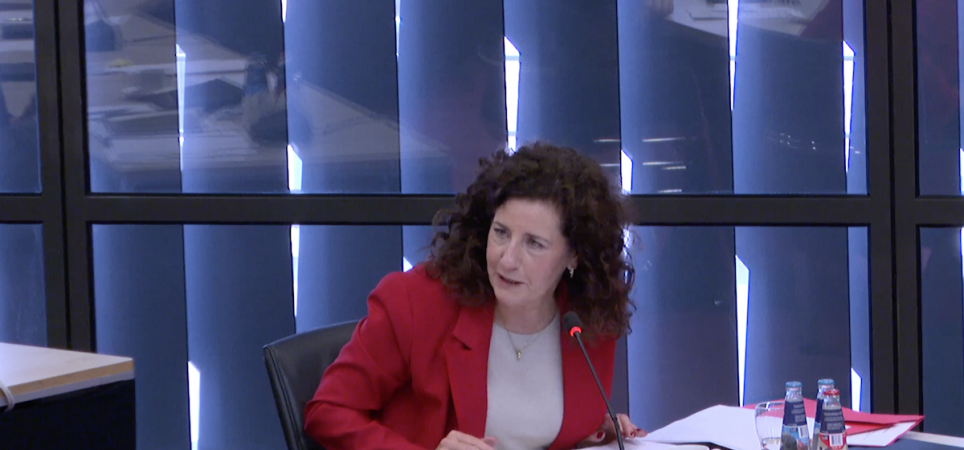'I see how high the workload in education is'
Teachers cannot be forced to work evenings or weekends outside regular working hours, Minister Ingrid van Engelshoven emphasized in the Lower House today during a debate on secondary vocational education. "That's not how we do it in this country."

Picture: Livestream Tweede Kamer
The minister says she was misunderstood this week, when her words about dealing with backlogs were interpreted very differently. She took a moment to allay the concerns in the Chamber. “I was very unhappy with that. I do not wish that we all work in the evenings and weekends, because I see better than anyone how high the workload in education has been. ”
What she did mean: if all parties really want to get started on a Saturday, then she will not stop it. Employers who wish to draw up deviating rosters must therefore go to the works council, according to the minister. "In a normal relationship between employer and employee you cannot just change working hours unilaterally."
In a normal relationship between employer and employee, you cannot just change working hours unilaterally
Because the minister recognized: MBO teachers are already working hard to keep education going in this corona crisis. She was not alone in that. There was unanimous praise and appreciation for the sector from the House of Representatives. “A deep bow,” said SP Member of Parliament Peter Kwint. At the same time, everyone - both students and staff - yearns to really see each other. The schools were allowed to start again this week for practical lessons, but what is the perspective for after the summer holidays?
In conversation
Van Engelshoven was unable to answer that question today. It is important to manage the pressure on public transport in the right direction, just like in higher education. The minister is still discussing this with MBO schools and transport companies. The controversial education time slot from 11.00 a.m. to 15.00 p.m. - to keep students in MBO and higher education out of rush hours - cannot be changed. Although it is “far from optimal”, Van Engelshoven acknowledged.
Discrimination
However, the minister could promise something else: she will work with a proposal from D66 fellow party member Paul van Meenen to protect students from internship discrimination. The idea boils down to the fact that MBO institutions themselves collect the available internships for - at least novice - students. They can then apply for it through the school. Students with a non-Dutch surname still find it more difficult to find an internship.
“The first introduction of students who are not accidentally called Van Meenen or Smals with the labor market is discrimination,” said the D66 Member of Parliament, with a nod to his VVD colleague Bart Smals.
The first encounter of students who are not coincidentally called Van Meenen or Smals with the labor market is discrimination
He thinks that the plan puts the cart before the horse and that the discrimination itself is not tackled. And what consequences does this have for the already great shortage of internships? The shortage of internships and apprenticeships has now risen to 19 thousand, as became apparent during the debate. “We have to try something, because the situation regarding internship discrimination has not improved as long as I have been here,” the minister responded. "It cannot be the case that as a young person in the Netherlands you do your very best at school and you do not intervene because of your background." She will talk to schools to see if a pilot can be set up.


